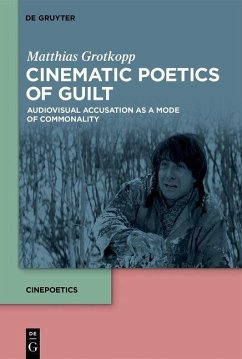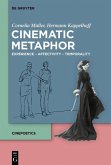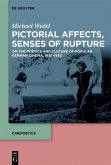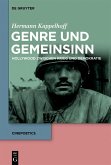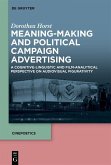Using the exemplary case of feelings of guilt, the author develops an approach that makes patterns of audiovisual compositions intelligible as aesthetic modulations of moral feelings. A sense of guilt is presented here as neither an individualistic psychological emotion nor an external social mechanism of control but as a paradigmatic case for understanding politics and history as based upon embodied affectivity and shared relations to the world.
By taking three distinct examples - German Post-War cinema, Hollywood Western and films on climate change - patterns of audiovisual composition and the inherent calculation of affect are analyzed as practices shaping the conditions of possibility of political communities and their historicity.
Dieser Download kann aus rechtlichen Gründen nur mit Rechnungsadresse in A, B, BG, CY, CZ, D, DK, EW, E, FIN, F, GR, HR, H, IRL, I, LT, L, LR, M, NL, PL, P, R, S, SLO, SK ausgeliefert werden.

